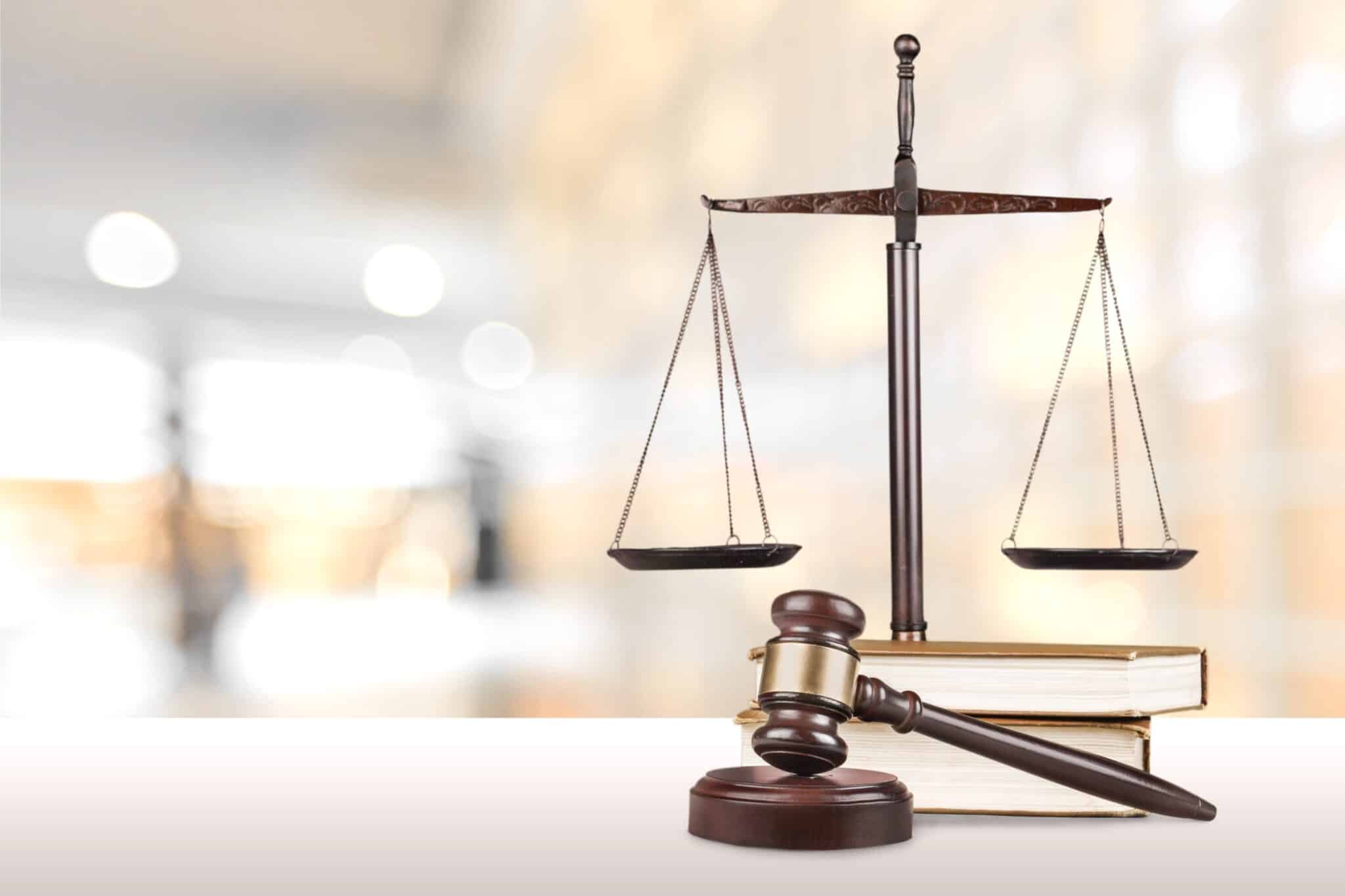Criminal Trespass and Civil Rights in IL: Discrimination and Profiling
Criminal trespass laws are essential for protecting property rights and maintaining public safety. However, the enforcement of these laws can sometimes intersect with civil rights protections, leading to issues such as discrimination, racial profiling, and selective enforcement. In Chicago, individuals facing criminal trespass charges may be caught in these complex dynamics’ crosshairs. In this blog, we will explore the intersection of criminal trespass laws and civil rights protections in Illinois, shedding light on the challenges posed by discrimination and profiling in law enforcement practices.
Understanding Criminal Trespass Laws in Illinois:
Criminal trespass is defined as unlawfully entering or remaining on someone else’s property without permission. In Illinois, criminal trespass laws are codified under the Illinois Criminal Code, which outlines various degrees and classifications of trespass offenses, ranging from misdemeanor to felony charges, depending on the circumstances.
Criminal trespass can occur on both public and private property, including residential buildings, commercial establishments, and public spaces such as parks or government buildings. The intent to commit a crime while trespassing is not required for a person to be charged with this offense.
Challenges of Discrimination and Profiling:
One of the significant challenges associated with the enforcement of criminal trespass laws in Illinois is the potential for discrimination and profiling. Law enforcement officers may disproportionately target individuals based on factors such as race, ethnicity, socioeconomic status, or perceived affiliation with specific groups.
Racial profiling, in particular, refers to the practice of targeting individuals for suspicion of crime based on their race or ethnicity. This practice has been widely condemned for its discriminatory nature and its negative impact on communities of color. Individuals who are unfairly targeted or singled out by law enforcement may face heightened scrutiny, harassment, or unwarranted criminal charges.
Protecting Civil Rights:
Protecting civil rights in the context of criminal trespass enforcement is essential for promoting fairness, equality, and justice in the legal system. Individuals who believe they have been subjected to discrimination, profiling, or selective enforcement have legal recourse to challenge these practices and seek redress for any violations of their rights.
Legal remedies may include filing complaints with law enforcement agencies, pursuing civil rights lawsuits, or seeking assistance from civil rights organizations and advocacy groups. Additionally, individuals facing criminal trespass charges can benefit from the assistance of an experienced criminal defense lawyer who can advocate on their behalf and ensure that their rights are protected throughout the legal process.
Importance of Building a Strong Defense:
Building a solid defense is crucial for individuals facing criminal trespass charges in Illinois, particularly in cases involving discrimination, profiling, or selective enforcement allegations. An experienced criminal defense lawyer can provide invaluable guidance, representation, and advocacy, helping individuals understand their rights, assess the strength of their case, and develop a strategic defense strategy.

A strong defense may involve challenging the legality of the arrest or search, questioning the reliability of witness testimony or evidence, and presenting mitigating factors that may influence the case’s outcome. By enlisting the services of a skilled attorney, individuals can increase their chances of obtaining a favorable outcome in their criminal trespass case and safeguard their civil rights in the process.
Advice for Criminal Trespassers:
The intersection of criminal trespass laws and civil rights protections in Illinois presents complex challenges for individuals facing criminal charges, particularly in cases involving discrimination, profiling, or selective enforcement. By understanding the dynamics at play and taking proactive steps to protect their rights, individuals can confidently navigate the legal process and work towards achieving the best possible outcome in their case.
Seeking representation from an experienced criminal defense lawyer is essential for building a strong defense and ensuring that civil rights are upheld throughout the legal proceedings. With skilled legal representation, individuals can challenge unfair treatment, confront discriminatory practices, and assert their rights in the pursuit of justice.
About the Author:
Andrew M. Weisberg is a former felony prosecutor who now serves as a defense attorney in the greater Chicago area. He has extensive experience handling all types of criminal cases, from sex offenses and domestic violence to retail theft-related crimes, murder, and drug crimes. His work has been recognized by Avvo, Expertise, National Trial Lawyers, and others, and he has been featured on countless news outlets for his experience and knowledge in criminal law.







 Blog Home
Blog Home 










